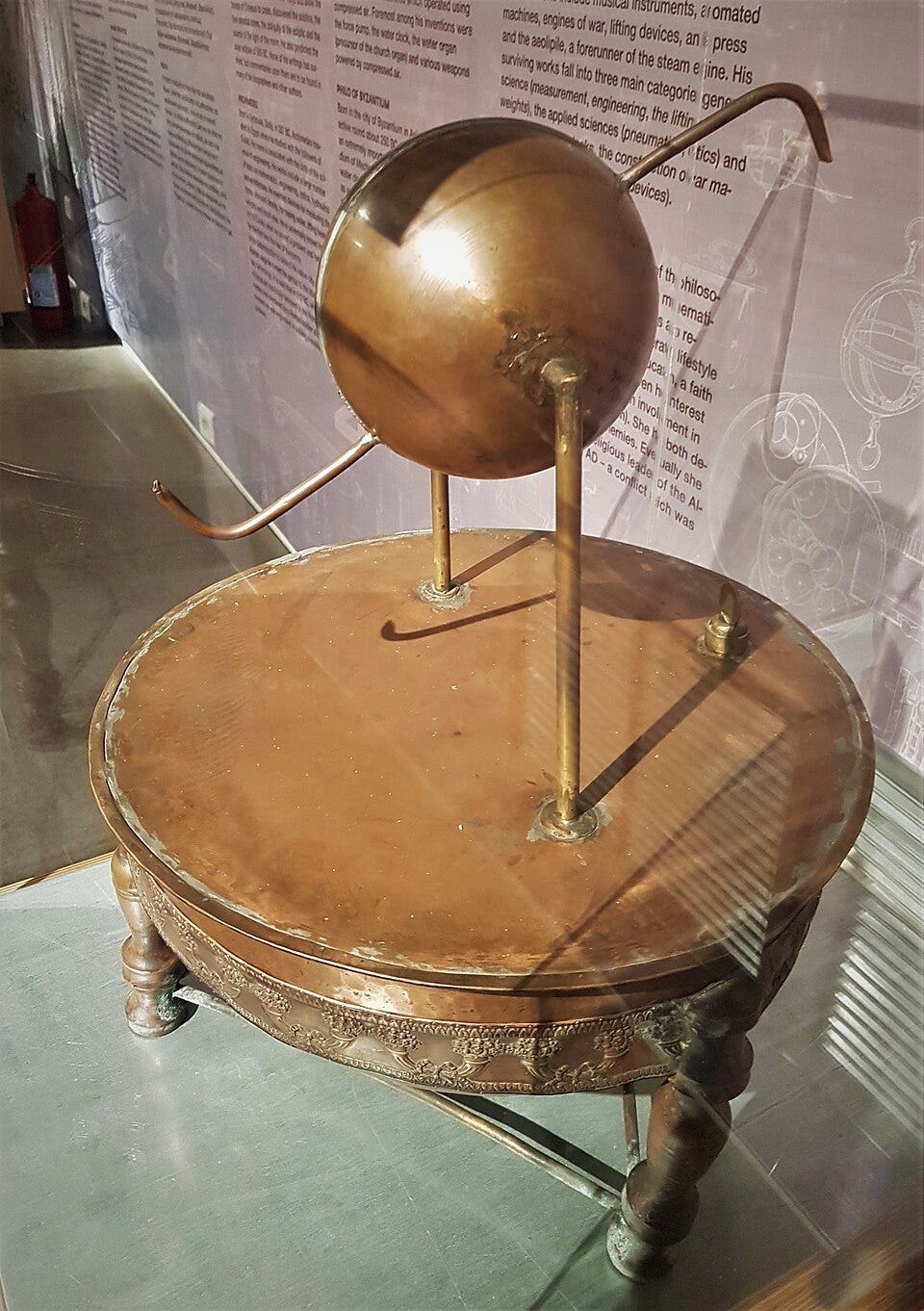When most students hear the word "engine," they’re taught to picture the Industrial Revolution: roaring steam machines, factories in Britain, and names like James Watt, Thomas Newcomen, and Karl Benz. Western curricula often stamp these figures as the inventors of the engine—as though nothing mechanical or advanced existed before them. But this version of history is both incomplete and deeply misleading.
To understand who truly deserves credit for the invention and evolution of the engine, we must go far beyond the 18th century and dig into the buried ingenuity of ancient civilizations—especially those too often ignored or whitewashed from historical memory.
What Is an Engine? – Defining the Core
The term "engine" originally comes from the Latin word ingenium, meaning a clever invention or mechanical device. Before cars and airplanes, the word applied broadly to any mechanism that converted energy into movement or work.
By modern definition, an engine is:
"A machine designed to convert one form of energy into mechanical energy." [1]
That means everything from a steam-driven wheel to a hydraulic pump could qualify. This definition helps us see the true scope of the engine’s history—not as a European invention, but as a legacy of human innovation stretching across civilizations.
Ancient Beginnings – The First Engine Concepts
Before we get to Hero of Alexandria, it's important to understand the earlier minds that laid the groundwork for engine concepts:
Philo of Byzantium (3rd century BCE): Developed air-powered mechanisms and siphons, including a primitive fire extinguisher and an early idea of pressure-based systems. [3]
Vitruvius (1st century BCE): Roman architect and engineer who documented various mechanical devices including water wheels and hoists, setting the stage for later inventions. [4]
Then, in 1st-century CE Roman Egypt, an inventor named Hero of Alexandria created the aeolipile, a steam-powered device that spun on its axis when heated—an early steam engine in all but name. [2]
Though it wasn’t used for industrial work, the aeolipile proved that humans could convert heat into motion nearly 1,700 years before Watt.
The Islamic Golden Age – Forgotten Mechanical Geniuses
Keep reading with a 7-day free trial
Subscribe to VEINS OF TRUTH to keep reading this post and get 7 days of free access to the full post archives.


